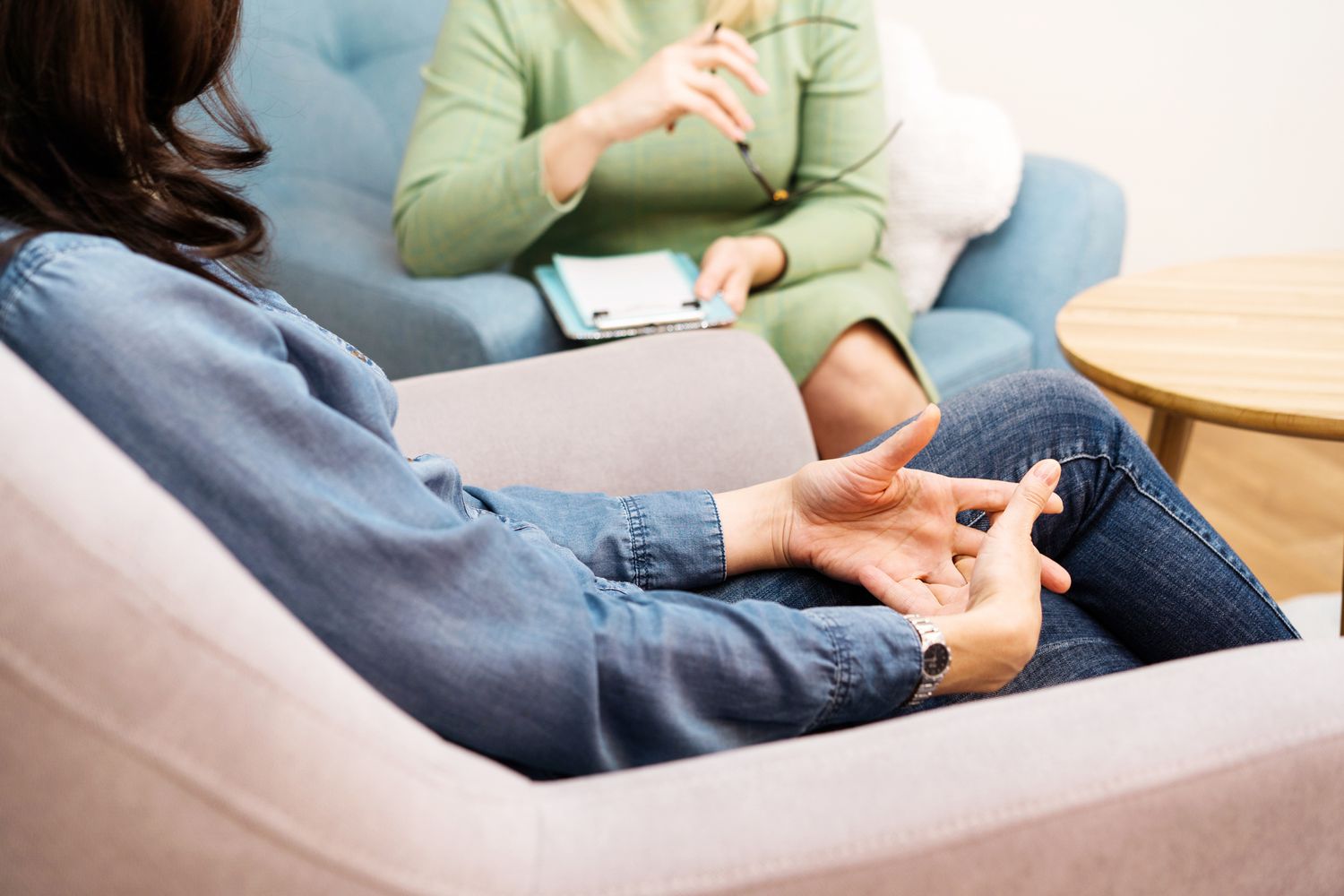Caroline Goldsmith: How Childhood Trauma Affects Relationship Patterns

Strong 8k brings an ultra-HD IPTV experience to your living room and your pocket.
Childhood is where our stories begin. It's where we learn how to love, trust, communicate, and feel safe. But for many, those early chapters are marked by experiences that leave emotional imprints—some invisible, some deeply painful. According to Emotional wellness coach Caroline Goldsmith, those early traumas don’t just fade away with time. Instead, they often shape how we show up in relationships as adults.
Whether it’s fear of intimacy, people-pleasing, difficulty setting boundaries, or a tendency to withdraw during conflict, the roots often trace back to early emotional wounds. Through her coaching practice, Caroline Goldsmith helps adults recognize, understand, and gently untangle the threads of childhood trauma that continue to influence their relationship patterns.
What Is Childhood Trauma?
Childhood trauma doesn’t always stem from dramatic or obvious events. Caroline Goldsmith emphasizes that it can include:
- Neglect or emotional abandonment
- Inconsistent caregiving (especially in the early years)
- Parental conflict, addiction, or mental illness
- Being shamed, silenced, or punished for expressing emotion
- Growing up in a household where one had to “be the adult” too soon
“Trauma isn’t just what happened to you,” Caroline Goldsmith explains. “It’s also what didn’t happen—like not being comforted when you were scared, or not feeling safe to be yourself.”
These subtle forms of trauma can shape a child’s nervous system and emotional wiring, often resulting in survival patterns that feel normal but create dysfunction in adult relationships.
Common Relationship Patterns Rooted in Childhood Trauma
Over years of working with clients, Caroline Goldsmith has identified recurring relationship dynamics that are often linked to unresolved childhood trauma:
1. Fear of Abandonment
Many adults struggle with a constant fear that their partner will leave them or stop loving them. This can lead to clingy behavior, over-apologizing, or staying in unhealthy relationships out of fear of being alone.
2. Avoidance of Vulnerability
Others go the opposite direction. They’ve learned that emotions lead to pain or rejection, so they shut down emotionally or push people away before they can get too close.
3. People-Pleasing and Codependency
A person who had to earn love or stay hyper-aware of others’ moods as a child may become overly accommodating, always prioritizing others’ needs to maintain harmony—even at the expense of their own well-being.
4. Difficulty Trusting or Communicating
If a child grew up in an environment where trust was broken or communication was unsafe, they might struggle to express needs, assert boundaries, or trust a partner’s intentions as an adult.
The Nervous System Connection
Caroline Goldsmith also brings awareness to the nervous system’s role in how we respond in relationships. Trauma often puts the nervous system into a chronic state of fight, flight, freeze, or fawn.
“When you’re constantly scanning for threat—even if that threat is emotional—you’ll respond from survival, not connection,” she explains. “That’s why so many relationship conflicts feel like life-or-death scenarios. The body remembers.”
Through her trauma-informed approach, Caroline Goldsmith helps clients regulate their nervous systems so they can approach relationships with more safety and presence.
Healing Begins with Awareness
The first step toward healing, according to Caroline Goldsmith, is awareness without judgment. That means noticing when old patterns are activated—not to criticize yourself, but to get curious.
“Instead of asking, ‘What’s wrong with me?’ start asking, ‘Where did I learn this?’” she says.
From there, Caroline Goldsmith guides clients to reprocess past experiences, develop emotional regulation skills, and build healthier patterns—rooted in self-compassion and conscious choice.
Tools Caroline Teaches for Healing Relationship Trauma
Caroline Goldsmith’s coaching incorporates both emotional and somatic (body-based) tools, including:
- Inner child work to reconnect with younger parts of yourself that still need validation and safety
- Breathwork and grounding to soothe anxiety in real time
- Boundary-setting techniques to build safer, more balanced relationships
- Cognitive reframing to challenge and replace limiting beliefs about love, worth, and trust
- Attachment healing to shift from anxious or avoidant tendencies toward secure connection
These tools help clients not only understand their patterns but actively transform them.
Breaking Cycles, Creating Change
One of Caroline Goldsmith’s core beliefs is that healing is possible at any age. Whether someone is single, partnered, or navigating family relationships, they can shift how they relate to others by first changing how they relate to themselves.
“Childhood trauma may have shaped you, but it doesn’t have to define you,” Caroline Goldsmith says. “The relationships you want are possible. They just require healing the ones you didn’t get.”
Her work is helping hundreds of adults break generational cycles, build authentic connections, and experience love without fear.
Note: IndiBlogHub features both user-submitted and editorial content. We do not verify third-party contributions. Read our Disclaimer and Privacy Policyfor details.







